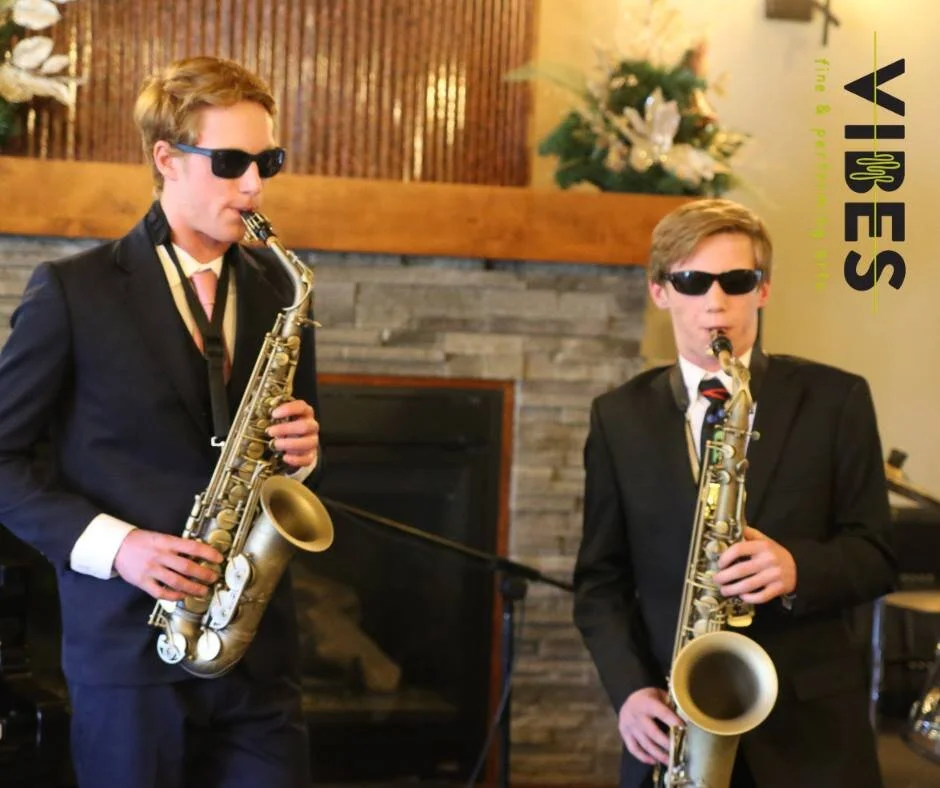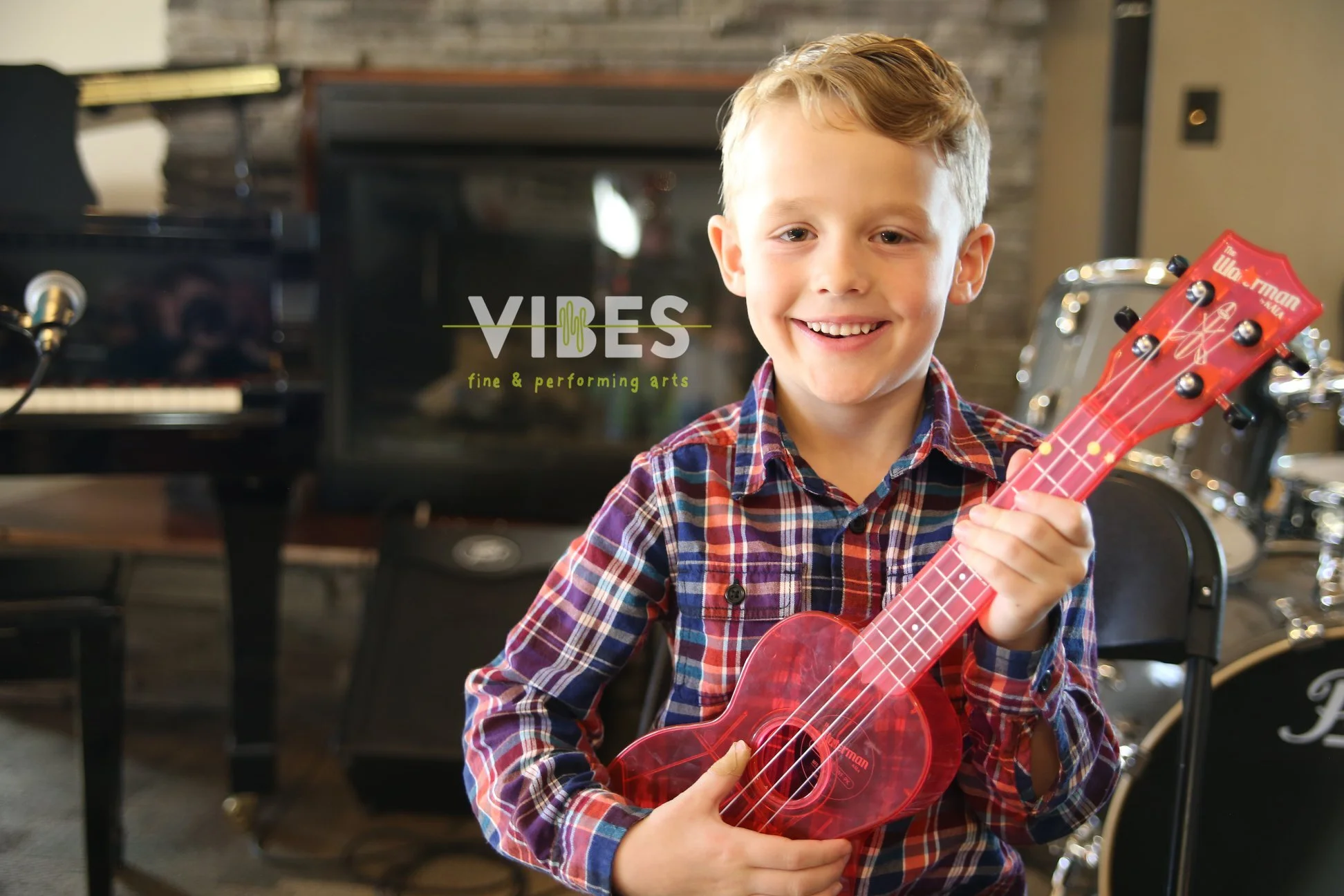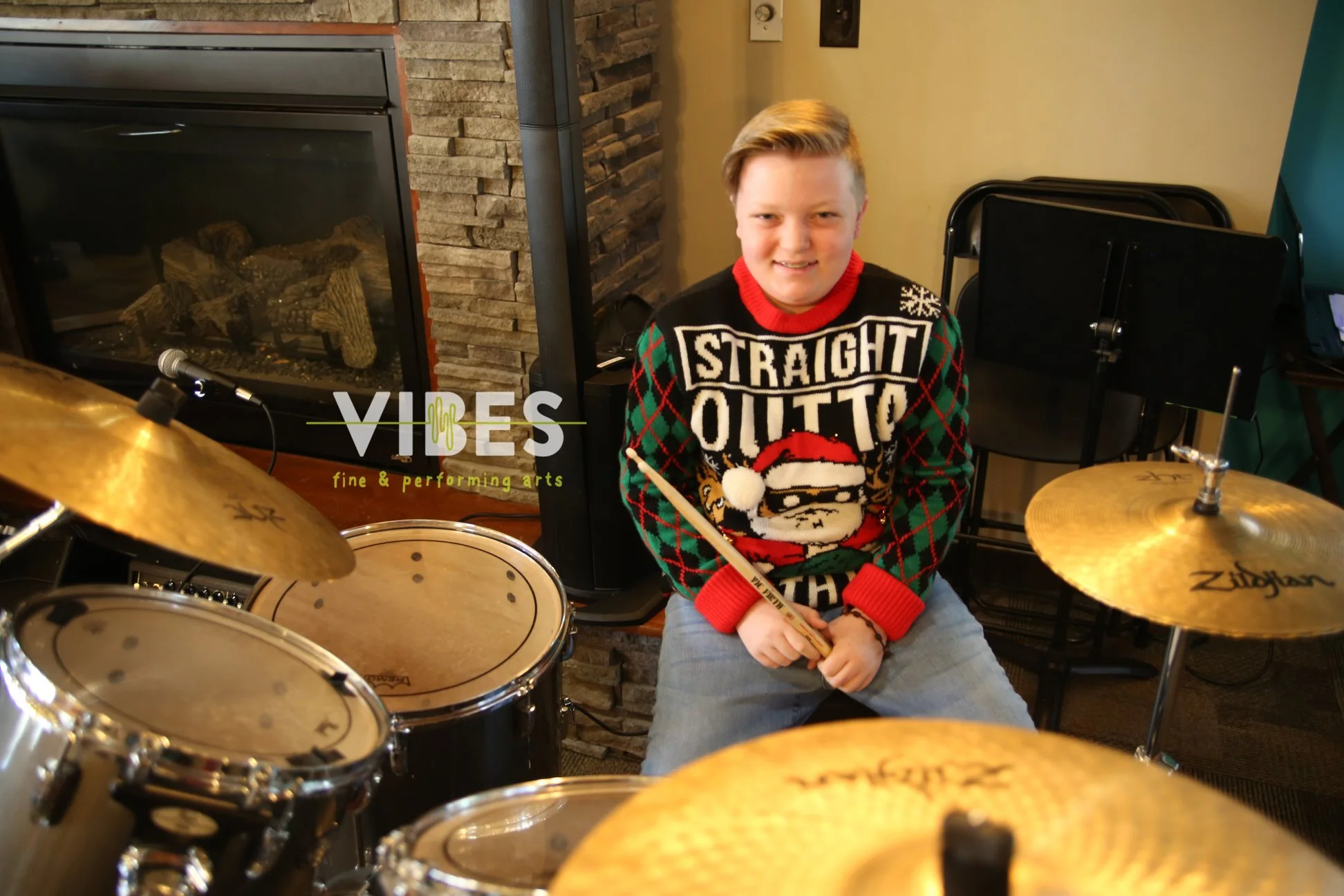How to Make the Most of a Small Performance
by Laura Kelly
Performing is undoubtedly good for any musician. Whether a musician of several months, several years, or several decades, performing improves our abilities in many ways. It makes us strive to perfect a piece of music. It gives us drive to practice harder and more often. It makes us more confident.
Performing improves our abilities in many ways.
Those performances we once took for granted haven’t quite been possible this year. So, how can we as musicians still perform (and reap the benefits of it)? There are several options still available, and with a little creativity, you (or your young musician) can still experience the preparation as well as the execution of a performance.
Pick music: Pick out a song that you’ve been working on, or a new one that you want to learn to play. Make sure it is feasible to learn and polish. Your teacher can help you find the perfect match!
Set details: Select both a performance option and a date. Can you do a recital in your lesson at your studio or teacher’s house? Can you set up your living room like a stage?
Invite people: Having real people commit to a day and time that they’ll watch you perform will make you stick to your performance date. Perhaps this is just your immediate family, or perhaps you are setting up a laptop and a Zoom link, and you’re going to stream in your entire extended family and friends!
Practice: Spend as much time practicing for this performance as you would for any other performance! At least a little practice every day will help you continue to make progress. Your teacher can help you set goals tailored to you that will help you improve.
Apply what you learned to your next performance!
5. Prep for the big day: Set up your space to perform in, make sure you have a device to stream from, and figure out a good angle for your live stream. Create a Zoom link and send it to everyone who wants to watch you!
6. Rehearse: Give yourself a dress rehearsal the day before your recital. Record yourself walking in, stating the name of your piece and its composer, and playing it. Don’t forget a bow!
7. Perform: on the day of your recital, double check your live stream link and answer any questions your friends and family might have as they’re logging on. Make sure to dress up for your performance! Greet everyone in the room and on Zoom, and then perform just like you rehearsed. Imagine yourself in a big, beautiful concert hall with lots of fans there to watch you! When you’re done, take a bow and thank everyone who came or tuned in for your performance.
8. Reflect: Give yourself time after your performance to reflect on how you did, and how that performance felt vs. other times you’ve performed. Chat with your teacher and ask for feedback. This undoubtedly was different from any other performance, but that doesn’t mean it was worse. What did you gain from the experience that perhaps you wouldn’t have otherwise? Organizational skills? Drive? You can apply whatever you gained to your next performance, whether it’s virtual again or back to the stage!





